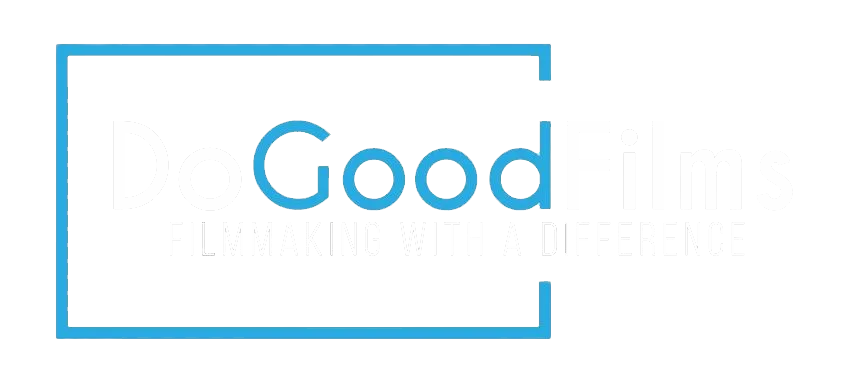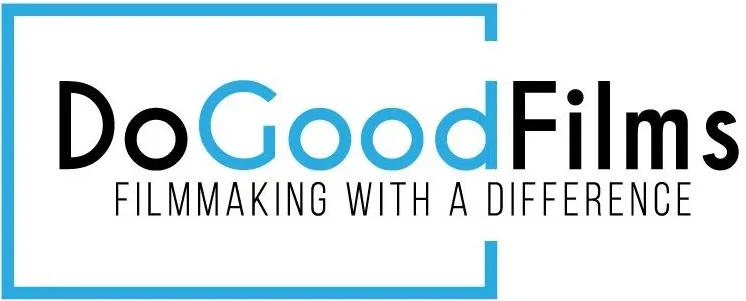“Information is like medicine…” Peter Batali shares passionately in his introduction to me about how technology is improving the livelihood of refugees like himself living in Eden, a zone of Rhino Camp refugee settlement. “You can’t just rely on food alone to nurture” he continues.
After spending two days at the site of an initiative Peter helped create, C-Ten; Community Technology Empowerment Network, I start to understand the logic in his statement. Once essentials such as food, shelter and medical care are taken care of by NGOs, connectivity is, in a way, the ‘self-diagnosis’ towards refugees empowering themselves – and it’s evident with this refugee-lead initiative.
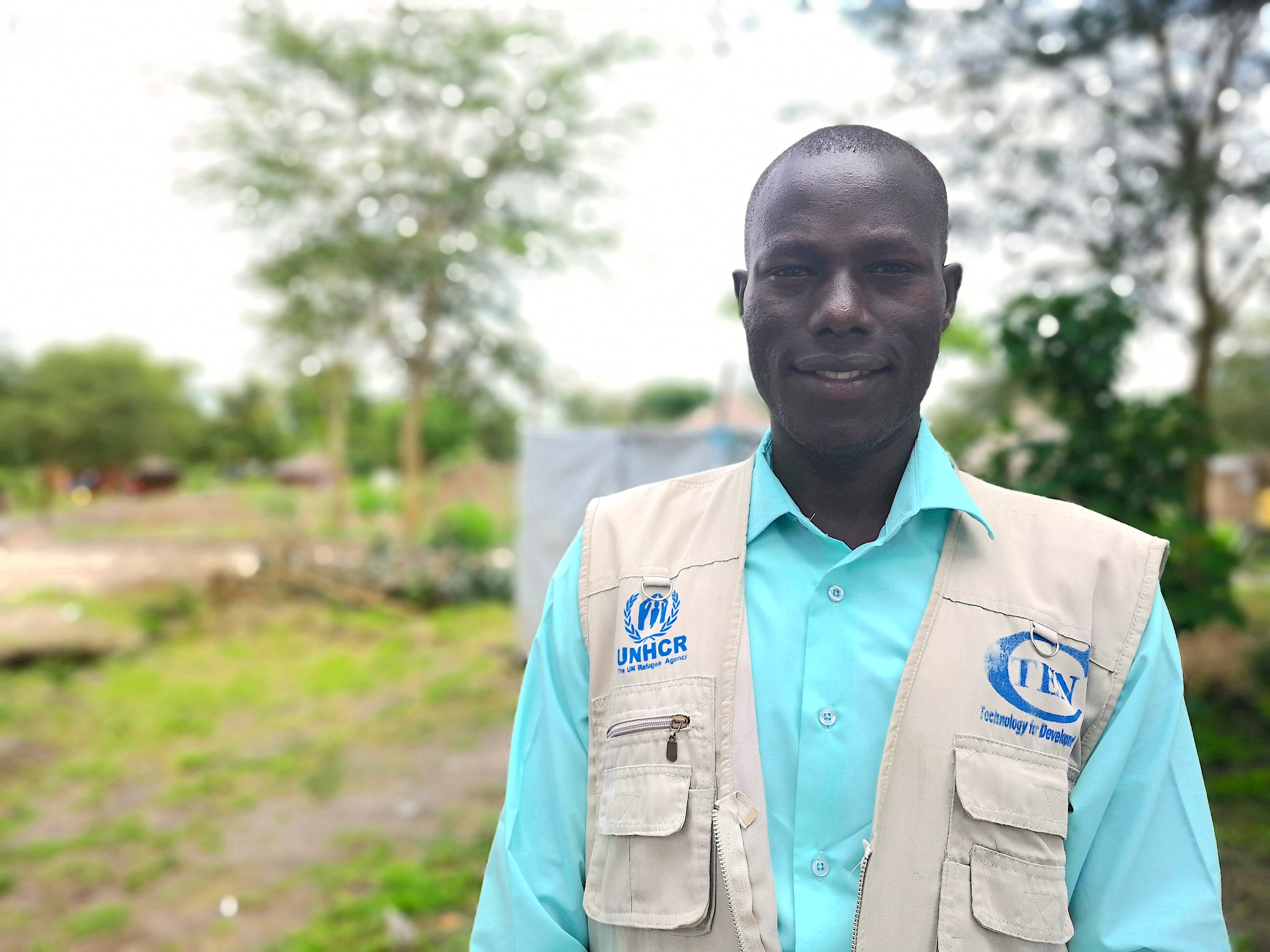
Peter Batali, co-founder of Community Technology Empowerment Network (CTEN) in Rhino Camp refugee settlement
Years of civil unrest in South Sudan has forced over a million people to flee into Northern Uganda, turning vast areas of bush land into sprouting villages made of small mud huts with grass-thatched roofs. The use of plastic tarpaulins from UNHCR acts as a reminder that these villages, so large and sparse they are sectioned into zones, are in fact refugee camps. On assignment with DoGoodFilms to document how connectivity is opening a world for refugees in Northern Uganda, I learnt just how in demand connectivity is in the settlements scattered across this remote corner of Uganda.
Like many great initiatives, C-Ten started from humble beginnings – a dream for community engagement through technology, simple resources; a small mud hut, sound speaker, tables and bags of enthusiasm. C-Ten is 100% refugee-driven. It was started by refugees, it is run by refugees and it serves refugees. Here you have an example of how connectivity puts power directly into the hands of refugees, providing them with the tools they need to improve their situation, to connect with their families and friends, to set up businesses and lead lives which resemble normality.
Fleeing political unrest in South Sudan in 2016, Peter Batali and his partner had a vision to set up a ‘Refugee Information Centre’ at Rhino Camp. The idea was to challenge the rhetoric of negativity coming from those living in the camps by offering the community an outlet to connect with their families and friends, or simply to charge their phone so they can make a call or receive mobile money.
“We were telling everyone; you can bring all your gadgets” Peter recalls. “By the second day our room was full, made up of laptops, mobile phones, torches and DVD players… We looked like we were really rich inside!” His joyful narration puts his white teeth are on full display. The turning point came with the training programme. “We asked the community, ‘can we use your computers to provide teaching in this tent?’ they said yes! We can come and pick them in the evening” Over 700 refugees from Rhino camp registered for basic IT lessons and English classes.
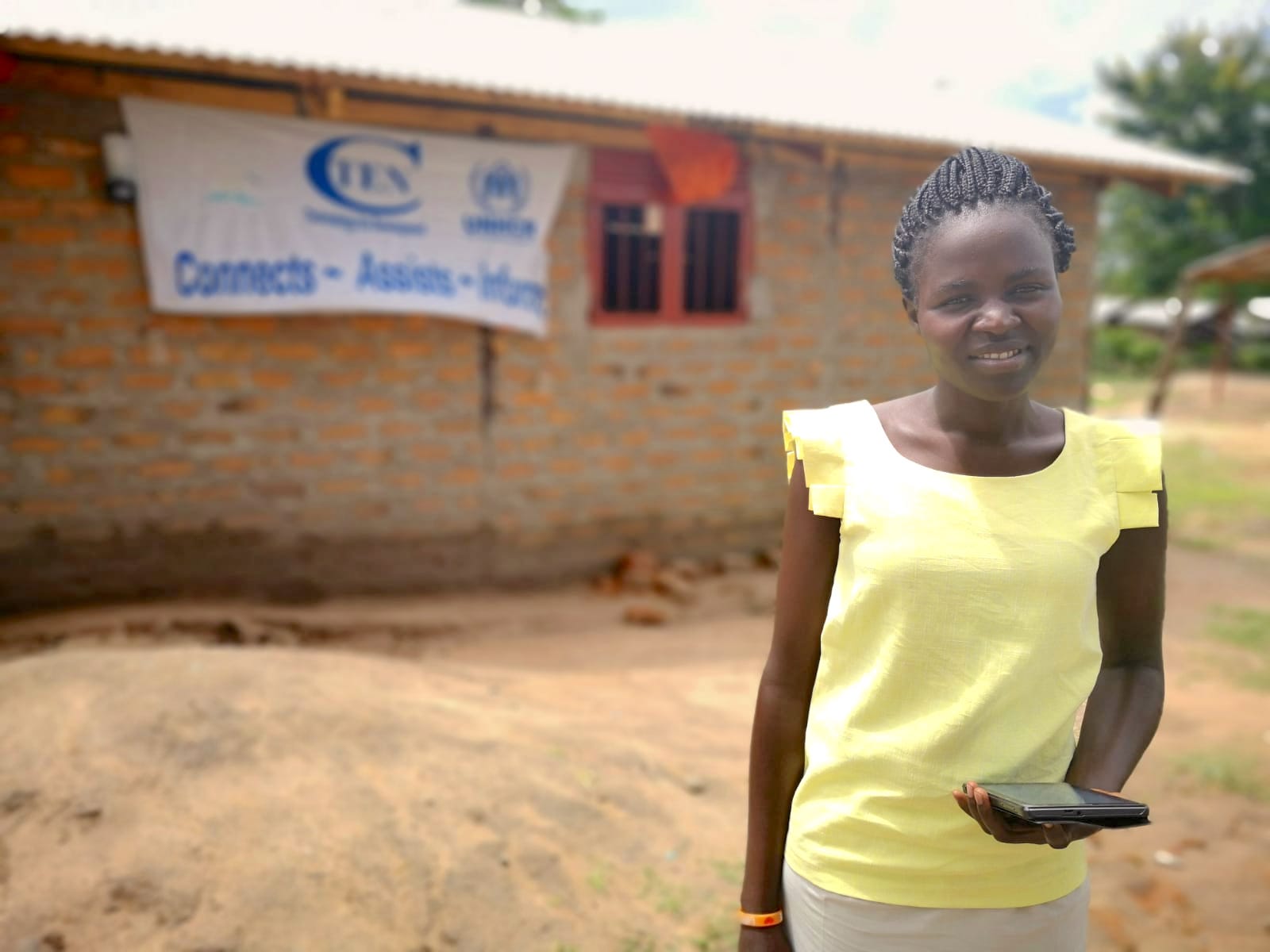
23 year old Lillian (pictured above) lives in Rhino Camp and takes a Social Enterprise online course at C-Ten and dreams of becoming an accountant. “If I wasn’t to come to C-Ten I would just be at home idle.”
In less than 3 months, C-Ten received recognition from the OPM (Office of the Prime Minister), UNHCR and later, NetHope. NetHope saw potential in this grass-roots refugee-led initiative which fits in line with its mission to improve the human condition through technology. NetHope granted C-Ten a V-Sat and 2MB of data for a year, as part of NetHope’s connectivity project supporting 10 different organisations in 14 regions of Northern Uganda.
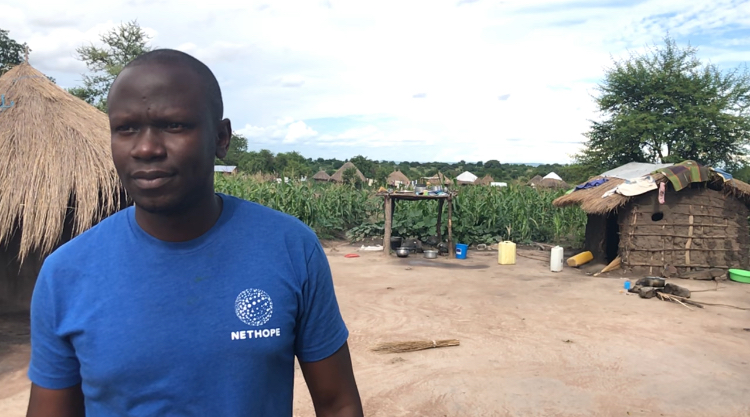
“It’s one thing to bring internet connectivity to refugees, but then how do you make it useful for them when they eventually get out of these camps?” Tim Timbiti, NetHope’s project consultant in Uganda shared, “What we hope to achieve together is to have C-Ten certified in giving training in Cisco equipment and networking… Eventually they can go out there and get a job”
NetHope’s initiative to provide connectivity for South Sudanese refugees in settlements across Northern Uganda is an essential move. NetHope alongside Telecoms service providers have been laying the foundation for transition to the connected world for South Sudanese refugees in Northern Uganda. This is a way forward in opening up the world to some of the most marginalised people, yet those with the potential to share the most inspirational stories fused with struggle and survival – through connectivity.
Find out more on the NetHope blog CLICK HERE
CLICK HERE for our behind the scenes vlog!
Words and photography by Kai Lutterodt
As always, we’d love to hear your thoughts and suggestions! Share them in the comment box below!
The DoGoodFilms team
Got a cause you’d like us to film? Find out more about Ivo, DoGoodFilms Services, or CONTACT US!
E-mail: ivo@dogoodfilms.org
Phone: +44(0) 783 778 8646
CONNECT WITH US!
